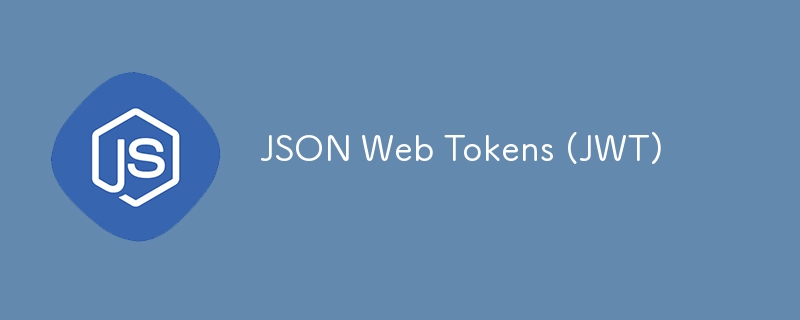

A JSON Web Token (JWT) is a widely used open standard designed for securely exchanging information between two parties—typically a client and a server.
Each JWT contains encoded JSON objects that include a set of claims.
These claims represent various types of data, such as user identity, permissions, or other essential details.
A JWT is divided into three key components:
Set an expiration time to limit the token’s lifespan.
Let’s dive deeper into the world of software engineering together! I regularly share insights on JavaScript, TypeScript, Node.js, React, Next.js, data structures, algorithms, web development, and much more. Whether you're looking to enhance your skills or collaborate on exciting topics, I’d love to connect and grow with you.
Follow me: Nozibul Islam
The above is the detailed content of JSON Web Tokens (JWT). For more information, please follow other related articles on the PHP Chinese website!




